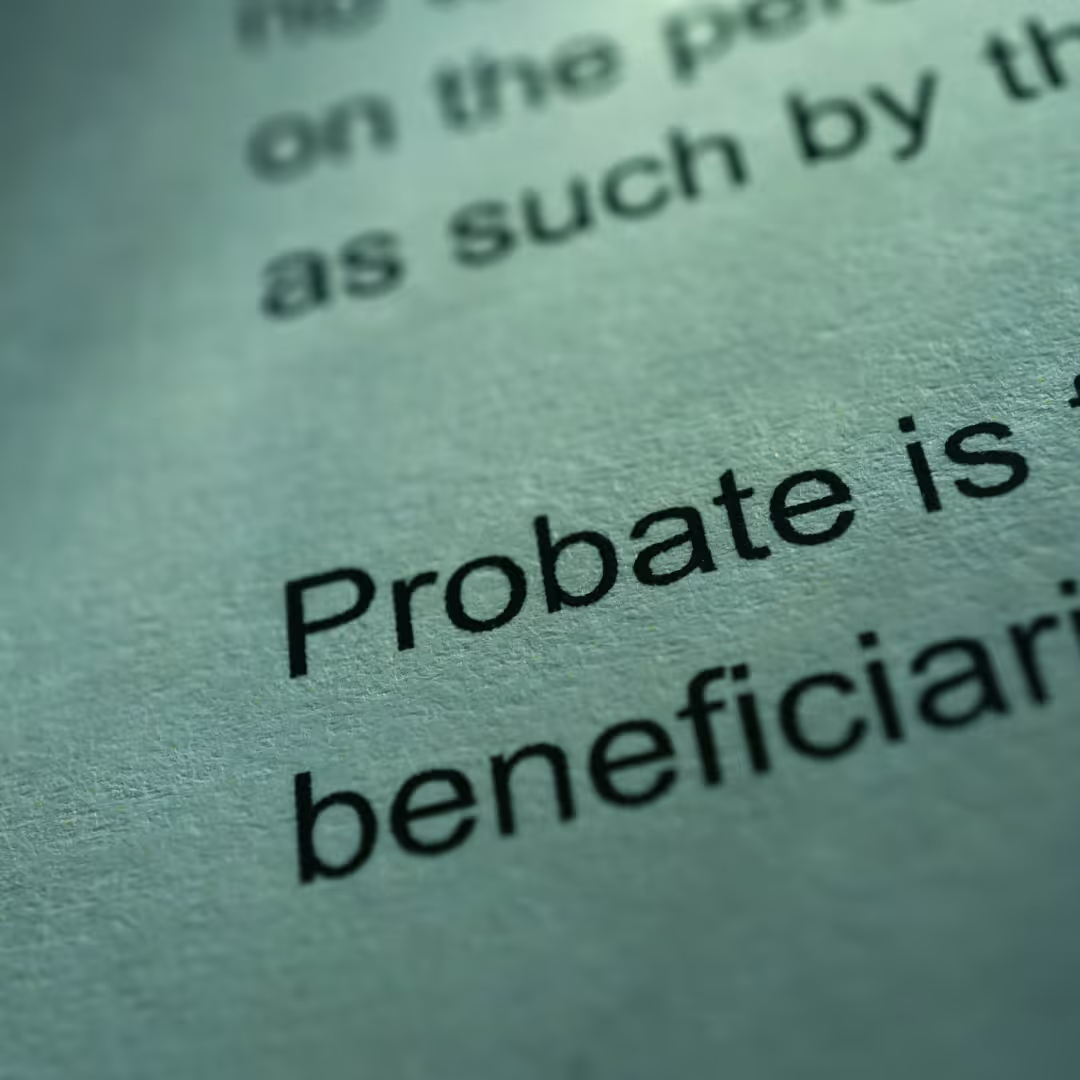CFPB Focuses on Personal Property Storage Fees After Repossession
Understanding CFPB Law: Safeguarding Consumer Rights
The CFPB is a federal consumer protection bureau which creates and enforces federal consumer financial laws ensuring consumers access to consumer financial products and services in markets deemed fair, transparent, and competitive. The legislation resulting from this organization is known as CFPB law.
Insights from CFPB's Supervisory Highlights
In October, 2016 the CFPB issued its Supervisory Highlights publication where, among other things, it reviewed auto repossession practices, specifically as it relates to storage of personal property During the examinations, the CFPB observed businesses withholding a wide range of personal property from expensive tools needed for the debtor/borrower's livelihood to personal effects of negligible value.
Implications of CFPB Findings
As a result of the CFPB's exams, it found it is an unfair or deceptive act or practice to charge debtors/borrowers a fee to recover their personal property unless the fee disclosed in the underlying agreement. Even when the consumer agreements and State law supports the lawfulness of charging a storage fee, examiners concluded there were no circumstances in which it was lawful to refuse to return property until the consumer remitted payment rather than adding the fee to the borrower’s balance. Therefore, personal property must be returned to a debtor/borrower who is unwilling or unable to pay the disclosed storage fee. The fee may then be added to the debtor/borrower’s balance.
Navigating CFPB Law: Ensuring Compliance
As a result of the CFPB law, businesses storing personal property from repossessed vehicles should carefully review the underlying agreement to verify whether a storage fee is permissible. If the fee is property disclosed, but the the debtor/borrower will not pay, the property must be returned to the consumer and the fee added to the outstanding balance.
Seek Expert Guidance on CFPB Compliance
If you have questions regarding your ability to charge personal property storage fees, or about CFPB Law in general, please feel free to contact Allison at (614)440-1395.




